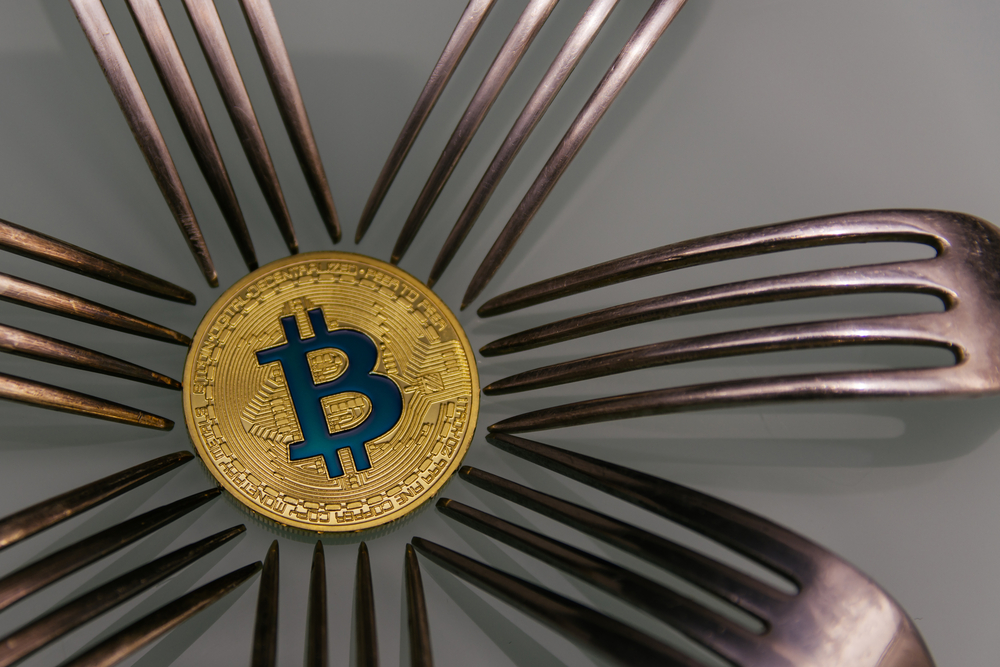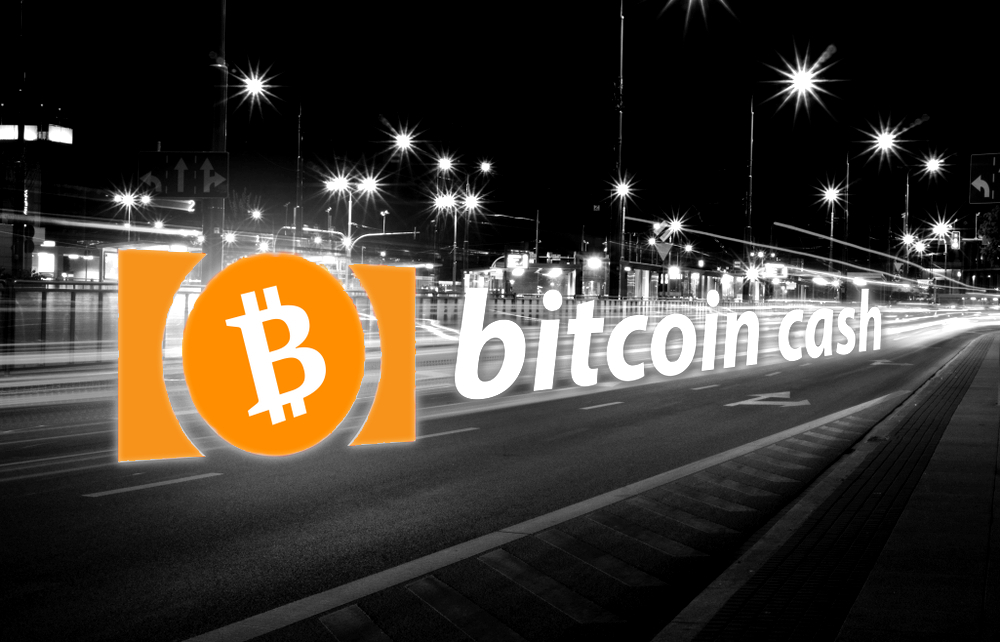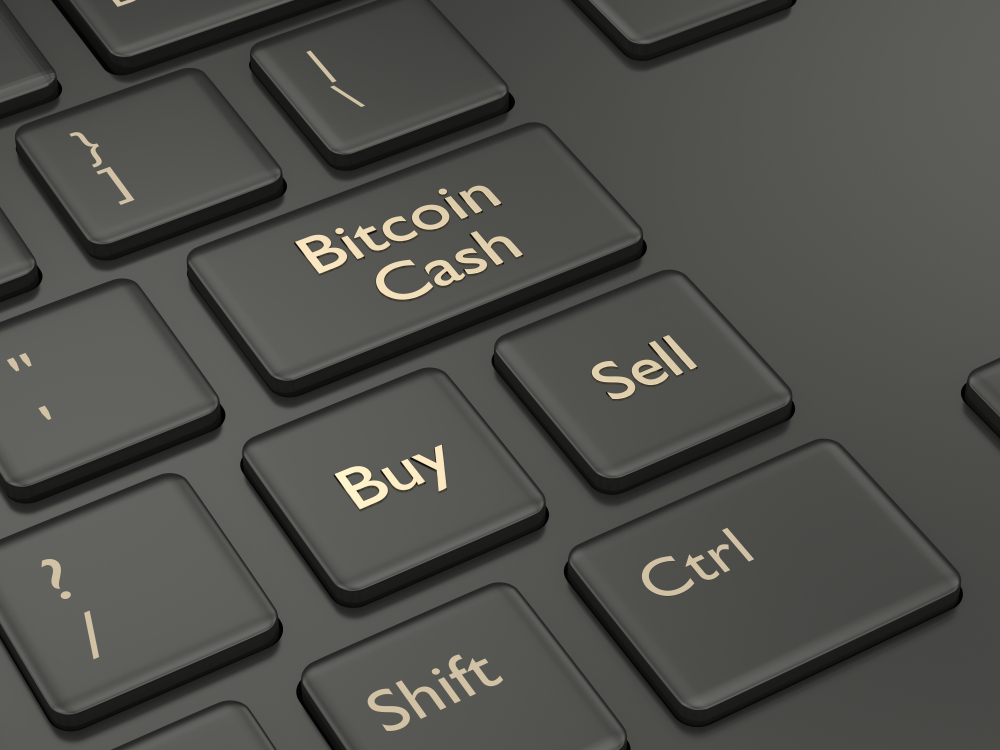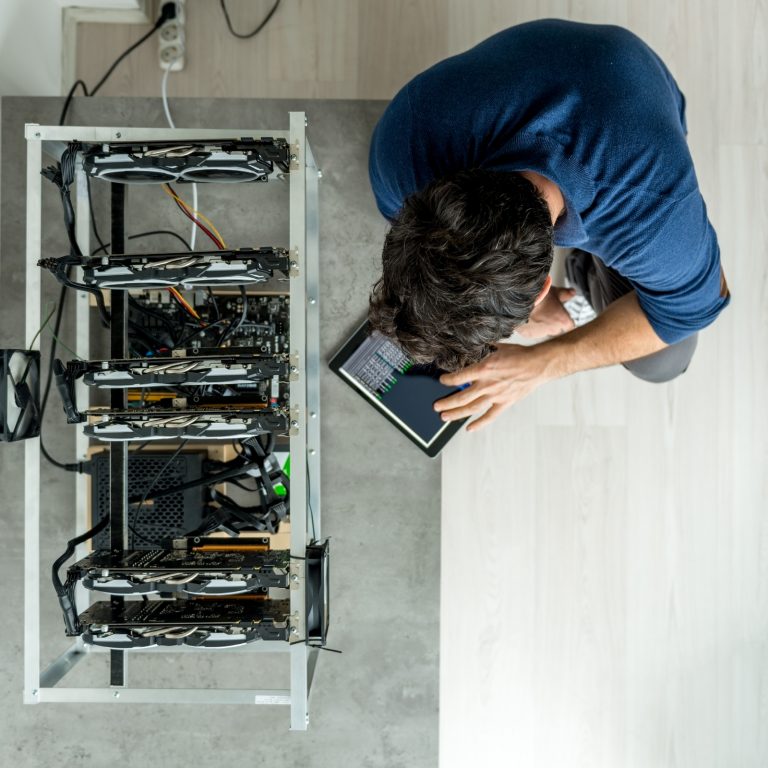2018-11-13 23:42 |
The e-Krona And Sweden’s Cashless Economy
In most countries, cash is the most prevalent method of payment in retail outlets. However, this is not the case in Sweden as most stores are abstaining form cash payments. In fact, the amount of cash in circulation is equivalent to a paltry 1% of the country GDP.
Over the years, business transactions have been settled using cash issued by central banks. This means that if the cash system collapses, the public would resort to payment methods developed by the private. So far, this is unheard of in any part of the world.
As of now, the central bank of Sweden (Riksbank) is assessing the possible implications of abandoning the cash systems. Still, in this regard, the bank is contemplating the introduction of its own electronic currency, known as the e-krona.
The Peculiar Nature Of Swedish RegulationsIn Sweden, merchants can refuse cash payments by simply placing a banner indicating the same at a conspicuous location within their premises. This is acceptable by the law. Indeed, this trend is popular in the country, with banks and other financial institutions joining private businesses in refusing cash.
As an alternative to cash, Swedes are using an application called Swish. The wide acceptance of Swish (over 50% of Swedes use the app) is an indicator that locals are open to embracing new technology. The platform works by linking a bank account number to an individual’s mobile phone number. The settlement of transactions on Swish relies on the infrastructure provided by Riksbank.
If the current trend holds, Sweden is well-poised to become the world’s first cashless economy. In neighboring Norway, more people are abandoning cash in favor of e-money payments. However, in most European countries, cash is still the preferred method of settling transactions.
The e-kronaIn due course, the Swedish population will no longer have access to cash issued by central banks. The resultant payment system would require the implementation of new regulations.
Alternatively, the central bank may opt to develop its own digital money, the e-krona. Despite having no precedent, several central banks around the world are contemplating the introduction of their own digital currencies. Fundamentally, the e-krona is a digital iteration of Sweden’s fiat currency, the Krona. Therefore, it would have equal value to the standard Krona deposited in local banks or online.
For individuals, their e-krona will be accessed either through cards and apps or through conventional accounts. On their part, businesses will use the platform created by the central bank to develop their e-krona payment solutions.
As expected, the introduction of e-krona will have several implications. For instance, the situational demand for e-krona will determine the amount of impact it has on the Swedish financial sector. Also, if the digital money has no interest, it could have adverse effects on the growth of the country’s monetary policy. On the contrary, if it has interests, the central bank could use it as an instrument for policy-making.
So far, the central bank has already developed the underlying infrastructure for e-krona, based on blockchain technology. It is worth noting that e-krona is not a cryptocurrency. Development for the prototype is currently ongoing. If the pilot tests prove successful, Sweden's central bank may soon launch the e-krona for public use, setting a worldwide precedent in the process.
origin »Bitcoin price in Telegram @btc_price_every_hour
Cashcoin (CASH) на Currencies.ru
|
|


















